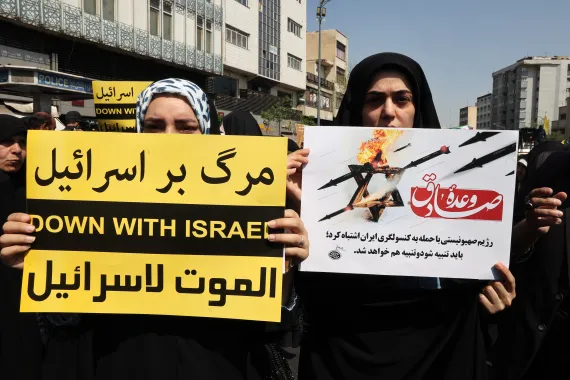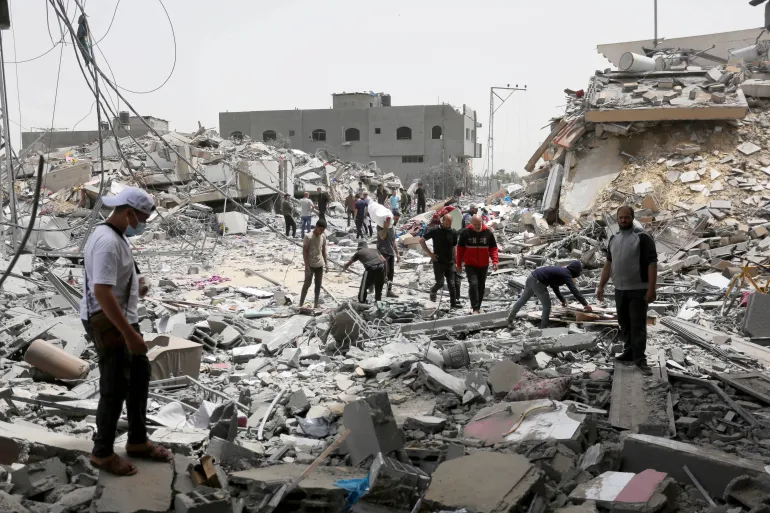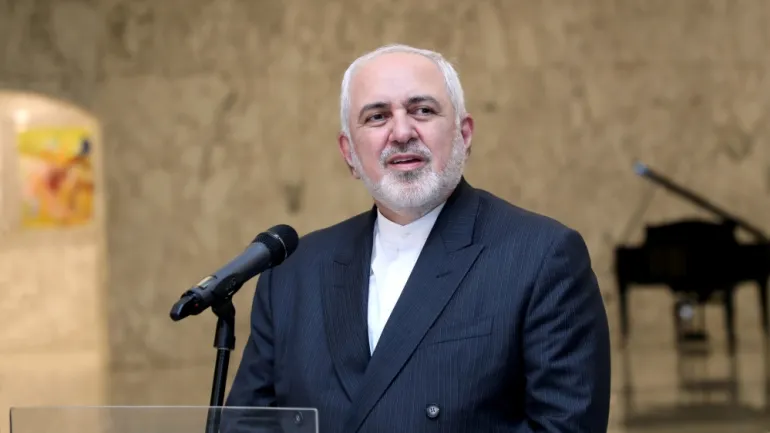In a recent escalation of tensions, Israel has carried out a strike inside Iran, targeting multiple locations, including an airbase and defense sites. Iranian state media reported explosions in the sky above Isfahan, which were attributed to anti-aircraft systems shooting at a suspicious object.The strike took place near a major military airbase in Isfahan, Iran. The exact location of the strike within the vicinity of the airbase has not been specified. The strike occurred on Friday morning however, the exact time of the strike has not been disclosed.The specific targets affected during the strike have not been officially confirmed. However, three explosions were heard near the major military airbase in Isfahan, prompting the activation of Iran’s air defense systems in the cities of Isfahan and Tabriz.The reason for the Israeli strike has not been explicitly stated. Given the escalating tensions between Israel and Iran, it is likely that the strike was carried out as a response to perceived threats or to prevent potential attacks against Israeli interests.The details of how the strike was executed have not been disclosed. It is unclear whether the strike was conducted by air or by other means. The Israeli military has not officially commented on the incident.
It is important to note that this military strike carries significant implications for the already volatile situation in the Middle East. The region has been witnessing a series of escalating conflicts and proxy wars, with Israel and Iran being key players in the ongoing power struggle.

US Response and Advance Notification
The United States was given advance notification of the intended Israeli strike but did not endorse the response. Secretary of State Antony Blinken clarified that the US has not been involved in any offensive operations and is primarily focused on Israel’s defense and de-escalation. Italy’s foreign minister, Antonio Tajani, revealed that the US was “informed at the last minute” about the attack on Iran.
The United States’ role in the recent Israeli strike inside Iran has been a subject of discussion and speculation. It has been confirmed that the United States was given advance notification of the intended Israeli strike, but it did not endorse or participate in the offensive operations.
Secretary of State Antony Blinken clarified the US position, emphasizing that their primary focus is on Israel’s defense and de-escalation of the situation. The United States has been working closely with Israel to ensure its security and stability in the region. However, it is important to note that the US has not been involved in any offensive actions against Iran.
Italy’s foreign minister, Antonio Tajani, revealed that the United States was informed about the attack on Iran at the last minute. This suggests that the US was not directly involved in the planning or execution of the strike. The late notification could indicate that the US was not fully briefed or consulted on the details of the operation.
It is worth noting that the United States’ response to the Israeli strike has been cautious and focused on de-escalation. This approach reflects the US government’s efforts to prevent further tensions in the region and maintain stability. The US continues to engage diplomatically with all parties involved to mitigate the risk of further conflict and find peaceful resolutions to the ongoing hostilities between Israel and Iran.

Iran’s Warning and International Concern
Iran’s Foreign Minister Hossein Amir-Abdollahian warned that any further military action by Israel would receive an immediate and maximum level response from Iran. He emphasized that this warning had been communicated to the White House via the Swiss Embassy in Tehran. The international community, including the G7, has expressed concern over the situation and called on all parties to prevent further escalation. Jordan’s Foreign Minister Ayman Safadi echoed these concerns, emphasizing the need for Israeli-Iranian retaliations to come to an end.

Escalatory Moves and Reactions
The recent strike by Israel in Iran is the latest in a series of tit-for-tat escalations between the two countries. Benny Gantz, a key member of Israel’s war cabinet, pushed for a swift response to the attack, citing the importance of garnering international support. However, some hardline officials in Israel, including Itamar Ben Gvir, criticized the reported strike, causing internal divisions. The opposition leader Yair Lapid condemned Ben Gvir’s comment, stating that it had damaged the country’s security, image, and international status.
Posturing and Messaging
Experts suggest that the ongoing strikes between Israel and Iran are more about posturing and messaging than an indication of an all-out war. Both sides are cautious about escalating the conflict without the full support of their respective allies. The Israeli government, in particular, relies on the military and political backing of the United States before engaging in a full-scale war. However, the situation remains fluid, and the potential for further escalation cannot be ignored.
As the events continue to unfold, the international community will closely monitor the situation and engage in diplomatic efforts to de-escalate tensions in the region. The focus will be on preventing further conflict and finding peaceful resolutions to the ongoing hostilities between Israel and Iran.


















